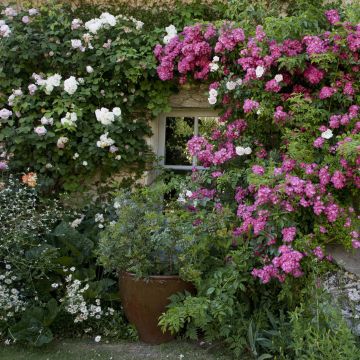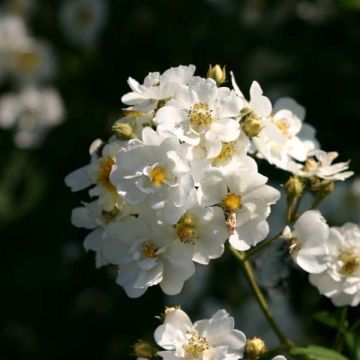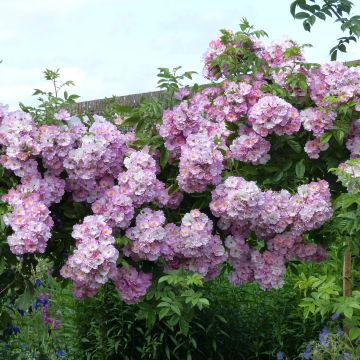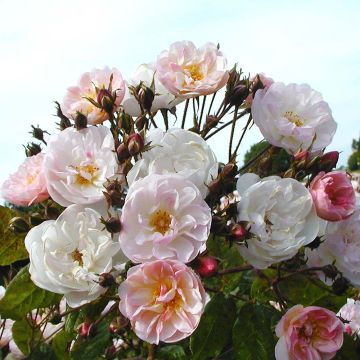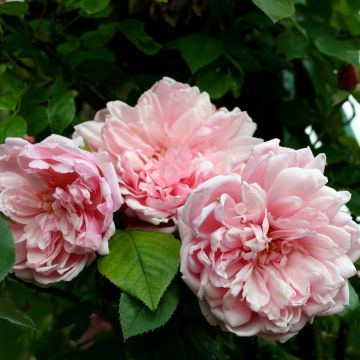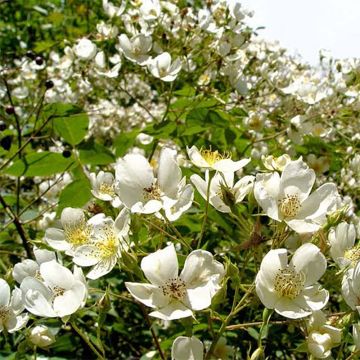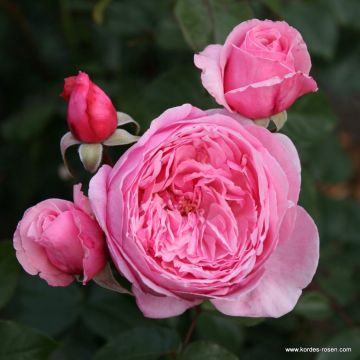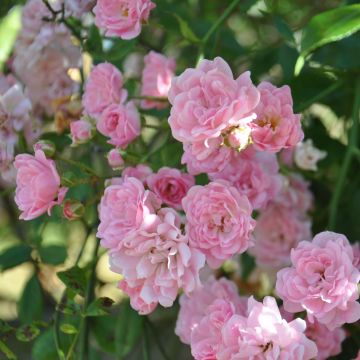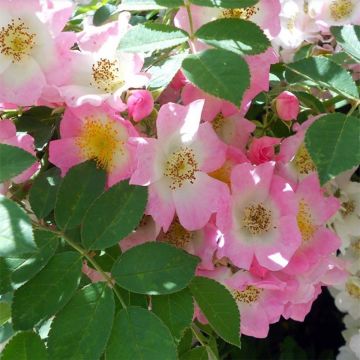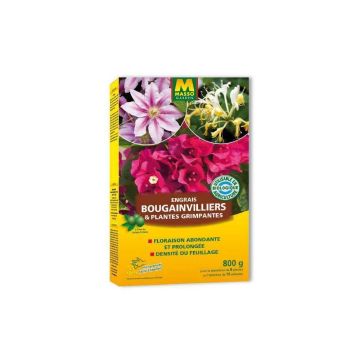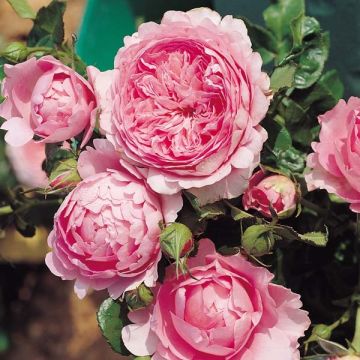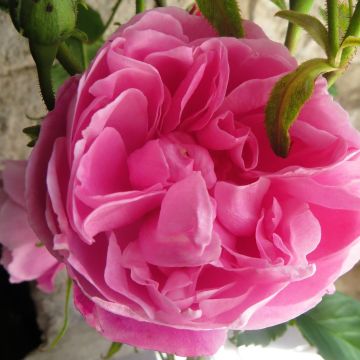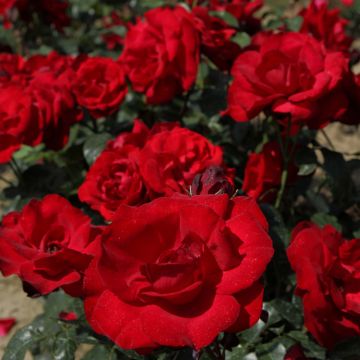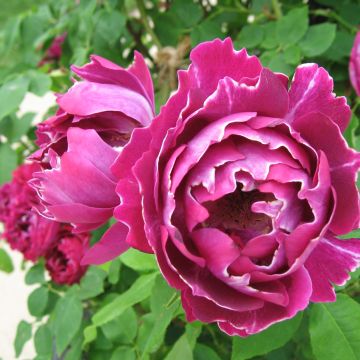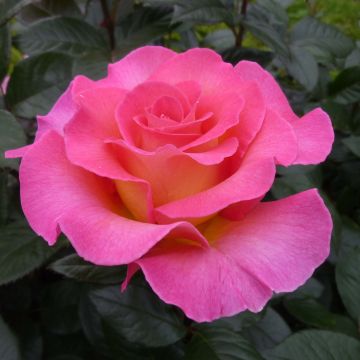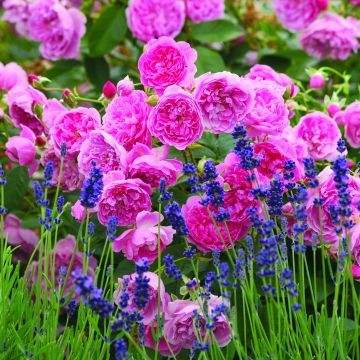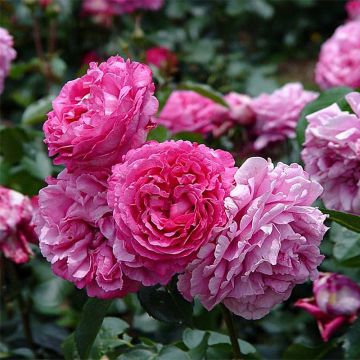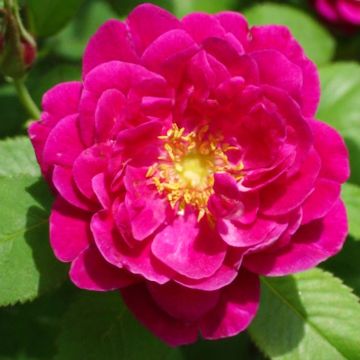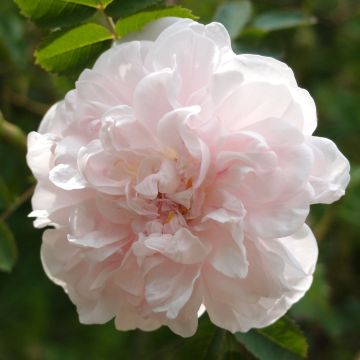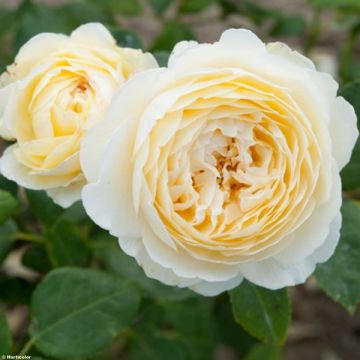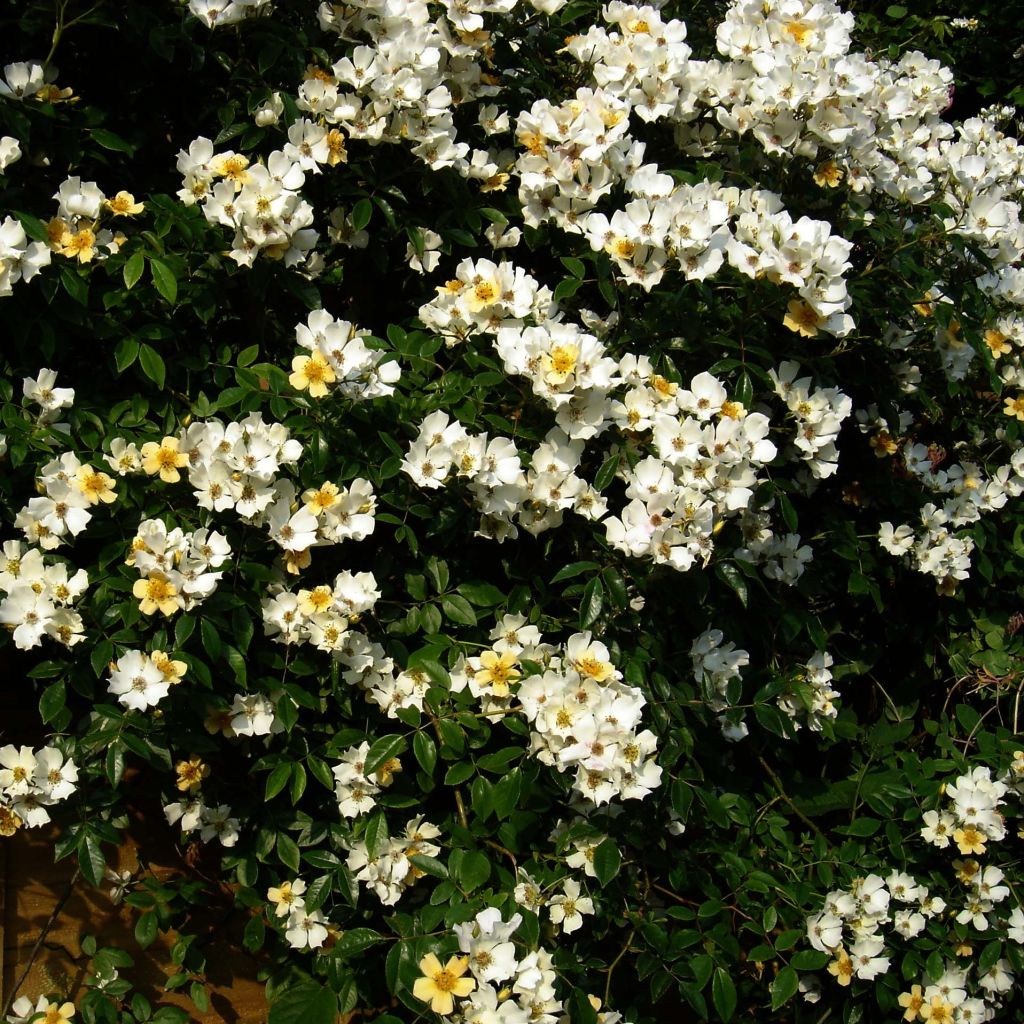

Rosa Wedding Day - Rambling Rose
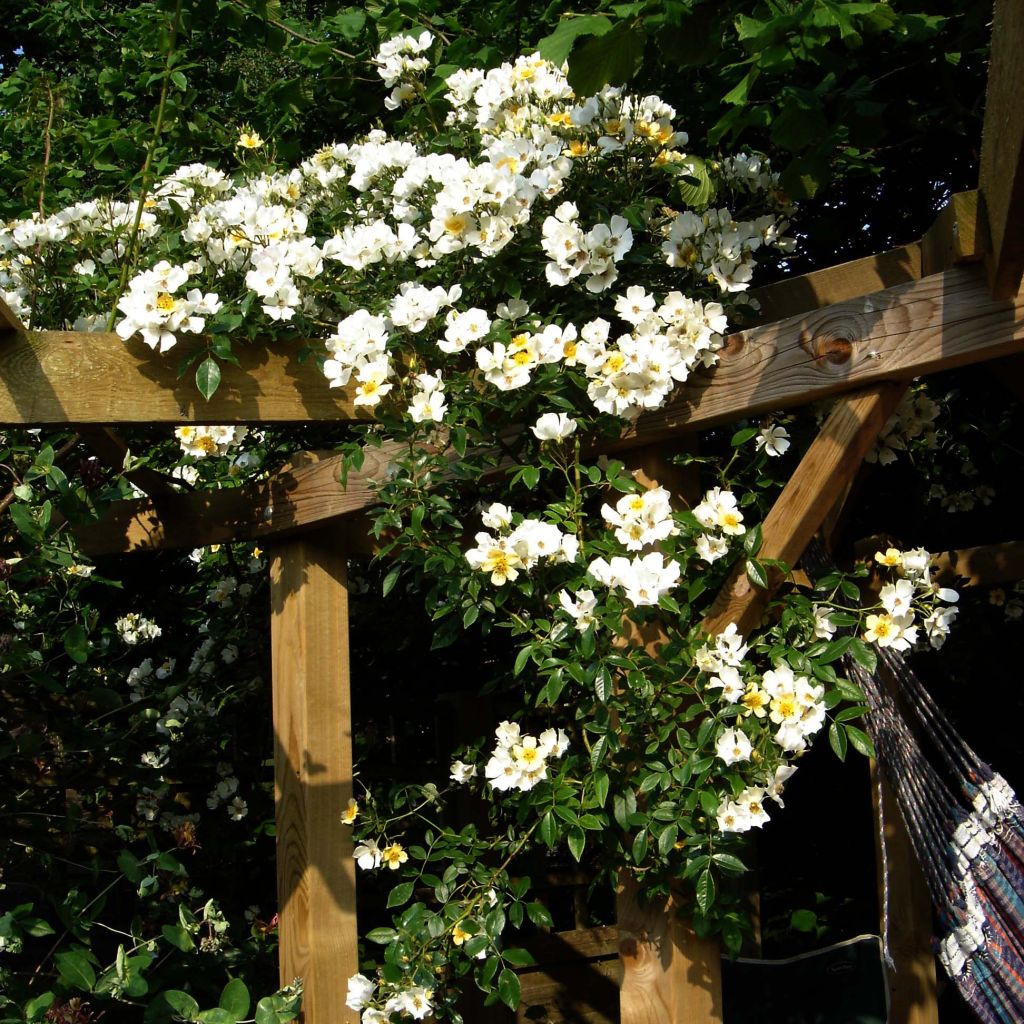

Rosa Wedding Day - Rambling Rose
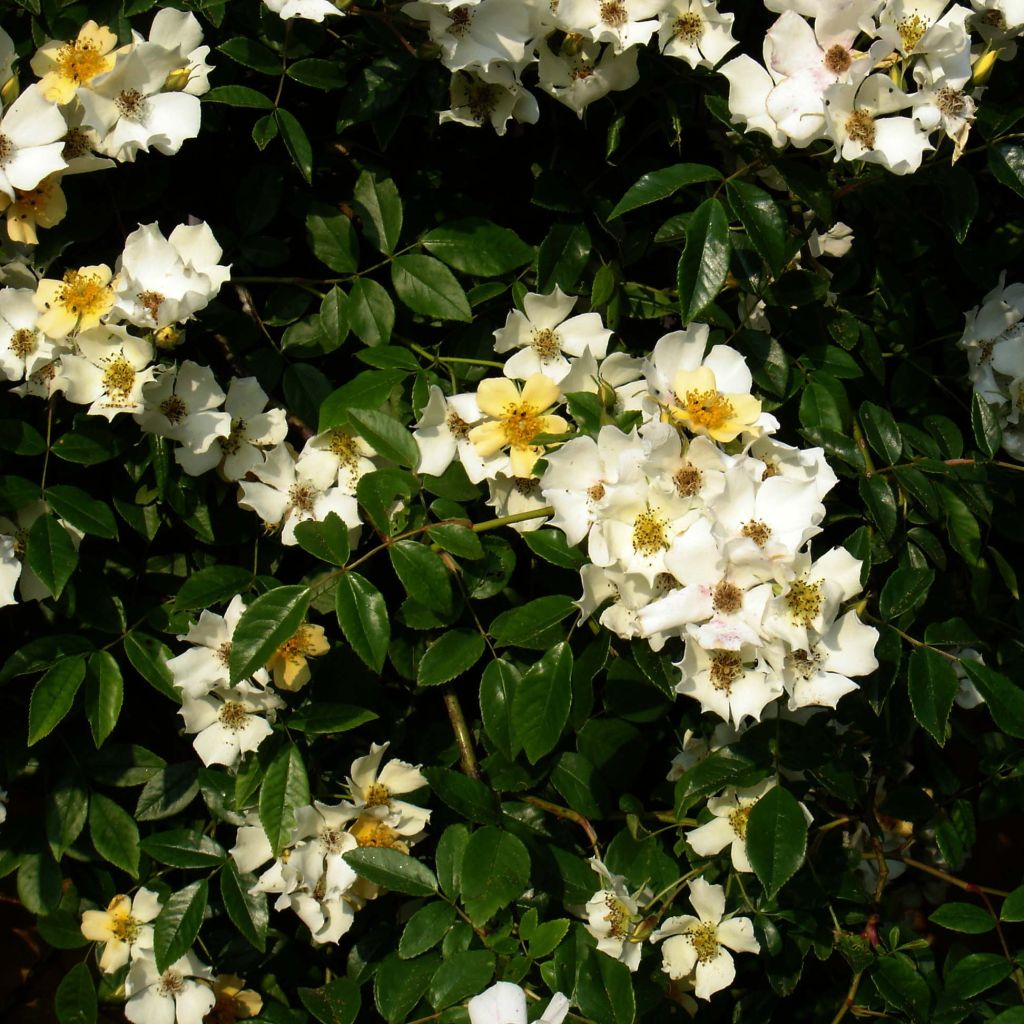

Rosa Wedding Day - Rambling Rose
Rosa Wedding Day - Rambling Rose
Rosa Wedding Day
Rose
This item cannot be shipped to the selected country
Delivery charge from €5.90
Delivery charge from €5.90
Delivery to Corse prohibited
More information
Schedule delivery date,
and select date in basket
This plant carries a 24 months recovery warranty
More information
We guarantee the quality of our plants for a full growing cycle, and will replace at our expense any plant that fails to recover under normal climatic and planting conditions.
From €5.90 for pickup delivery and €6.90 for home delivery
Express home delivery from €8.90.
From €5.90 for pickup delivery and €6.90 for home delivery
Express home delivery from €8.90.
Delivery to Corse prohibited: UE law prohibits the import of this plant from mainland France to Corse as part of the fight against Xylella fastidiosa. Please accept our sincere apologies.
More information
Does this plant fit my garden?
Set up your Plantfit profile →
Description
Rosa Wedding Day is one of the most vigorous rambling roses. Its exuberant and branching growth produces long thorny branches that can reach over 8 metres (26 feet). In summer, it is covered with a cascade of white wild roses with yellow centres, which turn pink before fading. They emit a delicious honey fragrance. Its vigour allows it to climb large trees and to hide an unsightly structures. Like most climbing roses, it does not rebloom. In autumn, it produces numerous small decorative fruits that last until the middle of winter.
This large thorny rose is a creation by Sir Fredrick Stern, dating back to 1950. It easily reaches a height of 8 to 10 metres (26 to 33 feet) with a spread of 4 metres (13 feet). Its long stems are thorny and covered with a very healthy, medium green foliage, which remains on the plant quite late in the season. The blooms of this rambling rose are single flowering in July. They appear as apricot-coloured buds on short shoots from the 2nd year. They open into 3 cm (1in) wide wild roses, gathered in bouquets along the stems. Flowers have an exceptional fragrance with hints of honey. Butter yellow when they bloom, they quickly fade to white, then take on shades of salmon pink. The small fruits that delight birds in the winter are actually fleshy false fruits called hips. They contain a large quantity of achenes with a single seed.
Wedding Day is an enchanting rose, with abundant flowering that cannot be forgotten. Like other rambling roses, it is invaluable for filling large spaces and giving a wild touch to the garden. It is an ideal companion for dead trees that it will cover fences, and ugly buildings or cabins to which it adds a wild charm. Trained on an arch, near the patio, it will create a romantic and fragrant feature. Since its flowering only lasts for a month, it can be paired with a large-flowered clematis whose summer blooming will take over until autumn.
Report an error about the product description
Rosa Wedding Day - Rambling Rose in pictures
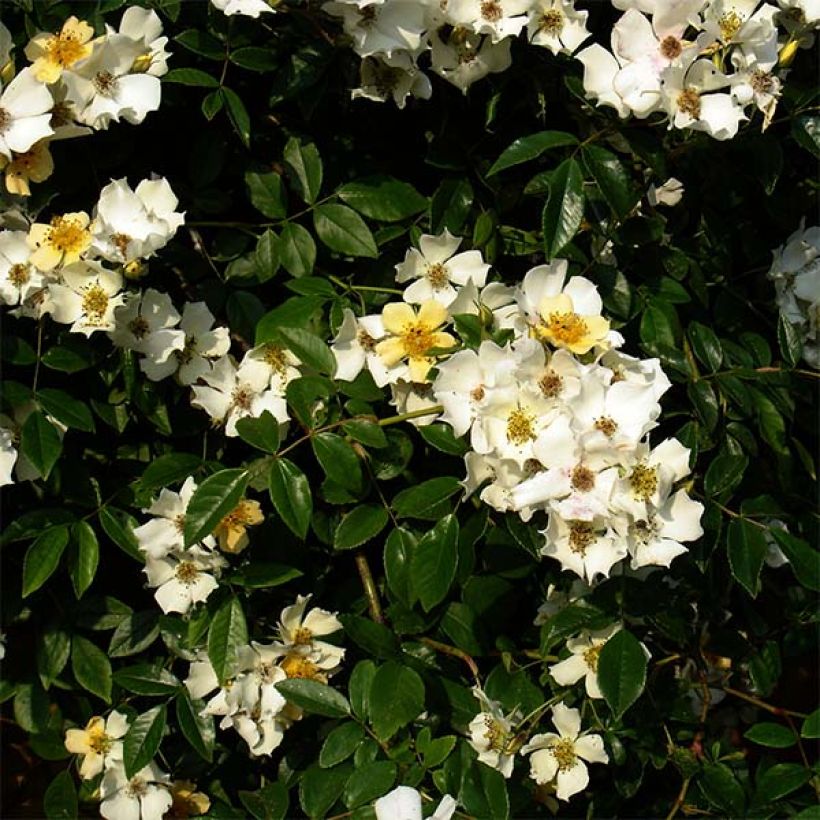

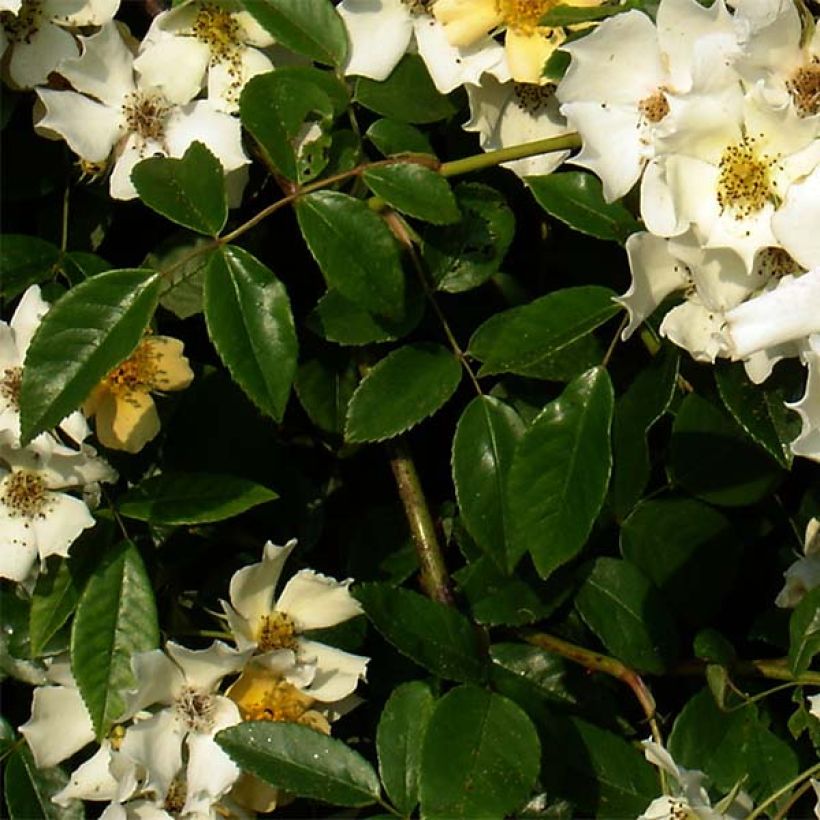

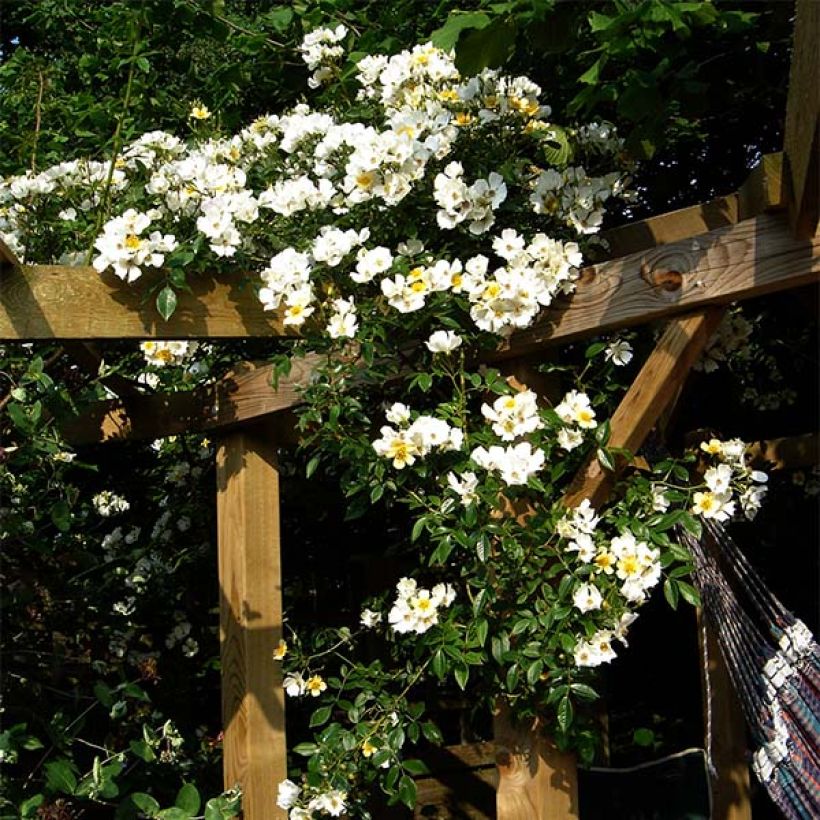

Plant habit
Flowering
Foliage
Botanical data
Rosa
Wedding Day
Rosaceae
Rose
Cultivar or hybrid
Rosa multiflora (4L/5L pot), Rosa canina Laxa (Wrapped bare root)
Other Rambling Roses
Planting and care
The Wedding Day rose adapts to all types of soil, even heavy or sandy soil, as long as it is planted well and it doesn't lack water or nutrients. Plant it in well-prepared and well-drained ordinary soil, in a sunny or partially shaded location. Plant it in autumn, never when it freezes.
The branches that are 2 years old are the most floriferous. It is useful to reduce the stems that bloomed the previous year to 3 or 4 buds, or pruned to 15 cm (6in). The new strong stems can be trained and the old ones eliminated if necessary. Quite hardy, this rose withstands temperatures to -20°C (-4°F) and, if, despite everything, after a harsh winter, the branches freeze down to the ground, this rambling rose regrows from the base in spring. It may be useful to remove dead wood in winter, remove faded flowers if you don't want fruit formation. If necessary, in spring, after the risk of frost, a light pruning can be done. Rambling roses can also be allowed to grow freely if you have large spaces.
If you plant a rambling rose next to a living tree, the root system of the rose will compete with those of the already well-established tree. To control watering, a tip: plant the rose in a large container with a perforated bottom, at the base of the tree: the tree roots will not penetrate the container for at least a year. Remove the container after 1 year, for example by cutting one side, without disturbing the rose's root system. The rose will have had time to develop its root system deeply.
Roses are often spotted or unsightly at the end of summer, but this is not a problem for their development. These spots are not harmful to the rose, it is a natural phenomenon.
Planting period
Intended location
Care
-
, onOrder confirmed
Reply from on Promesse de fleurs
Fragrant Roses
Haven't found what you were looking for?
Hardiness is the lowest winter temperature a plant can endure without suffering serious damage or even dying. However, hardiness is affected by location (a sheltered area, such as a patio), protection (winter cover) and soil type (hardiness is improved by well-drained soil).

Photo Sharing Terms & Conditions
In order to encourage gardeners to interact and share their experiences, Promesse de fleurs offers various media enabling content to be uploaded onto its Site - in particular via the ‘Photo sharing’ module.
The User agrees to refrain from:
- Posting any content that is illegal, prejudicial, insulting, racist, inciteful to hatred, revisionist, contrary to public decency, that infringes on privacy or on the privacy rights of third parties, in particular the publicity rights of persons and goods, intellectual property rights, or the right to privacy.
- Submitting content on behalf of a third party;
- Impersonate the identity of a third party and/or publish any personal information about a third party;
In general, the User undertakes to refrain from any unethical behaviour.
All Content (in particular text, comments, files, images, photos, videos, creative works, etc.), which may be subject to property or intellectual property rights, image or other private rights, shall remain the property of the User, subject to the limited rights granted by the terms of the licence granted by Promesse de fleurs as stated below. Users are at liberty to publish or not to publish such Content on the Site, notably via the ‘Photo Sharing’ facility, and accept that this Content shall be made public and freely accessible, notably on the Internet.
Users further acknowledge, undertake to have ,and guarantee that they hold all necessary rights and permissions to publish such material on the Site, in particular with regard to the legislation in force pertaining to any privacy, property, intellectual property, image, or contractual rights, or rights of any other nature. By publishing such Content on the Site, Users acknowledge accepting full liability as publishers of the Content within the meaning of the law, and grant Promesse de fleurs, free of charge, an inclusive, worldwide licence for the said Content for the entire duration of its publication, including all reproduction, representation, up/downloading, displaying, performing, transmission, and storage rights.
Users also grant permission for their name to be linked to the Content and accept that this link may not always be made available.
By engaging in posting material, Users consent to their Content becoming automatically accessible on the Internet, in particular on other sites and/or blogs and/or web pages of the Promesse de fleurs site, including in particular social pages and the Promesse de fleurs catalogue.
Users may secure the removal of entrusted content free of charge by issuing a simple request via our contact form.
The flowering period indicated on our website applies to countries and regions located in USDA zone 8 (France, the United Kingdom, Ireland, the Netherlands, etc.)
It will vary according to where you live:
- In zones 9 to 10 (Italy, Spain, Greece, etc.), flowering will occur about 2 to 4 weeks earlier.
- In zones 6 to 7 (Germany, Poland, Slovenia, and lower mountainous regions), flowering will be delayed by 2 to 3 weeks.
- In zone 5 (Central Europe, Scandinavia), blooming will be delayed by 3 to 5 weeks.
In temperate climates, pruning of spring-flowering shrubs (forsythia, spireas, etc.) should be done just after flowering.
Pruning of summer-flowering shrubs (Indian Lilac, Perovskia, etc.) can be done in winter or spring.
In cold regions as well as with frost-sensitive plants, avoid pruning too early when severe frosts may still occur.
The planting period indicated on our website applies to countries and regions located in USDA zone 8 (France, United Kingdom, Ireland, Netherlands).
It will vary according to where you live:
- In Mediterranean zones (Marseille, Madrid, Milan, etc.), autumn and winter are the best planting periods.
- In continental zones (Strasbourg, Munich, Vienna, etc.), delay planting by 2 to 3 weeks in spring and bring it forward by 2 to 4 weeks in autumn.
- In mountainous regions (the Alps, Pyrenees, Carpathians, etc.), it is best to plant in late spring (May-June) or late summer (August-September).
The harvesting period indicated on our website applies to countries and regions in USDA zone 8 (France, England, Ireland, the Netherlands).
In colder areas (Scandinavia, Poland, Austria...) fruit and vegetable harvests are likely to be delayed by 3-4 weeks.
In warmer areas (Italy, Spain, Greece, etc.), harvesting will probably take place earlier, depending on weather conditions.
The sowing periods indicated on our website apply to countries and regions within USDA Zone 8 (France, UK, Ireland, Netherlands).
In colder areas (Scandinavia, Poland, Austria...), delay any outdoor sowing by 3-4 weeks, or sow under glass.
In warmer climes (Italy, Spain, Greece, etc.), bring outdoor sowing forward by a few weeks.

































